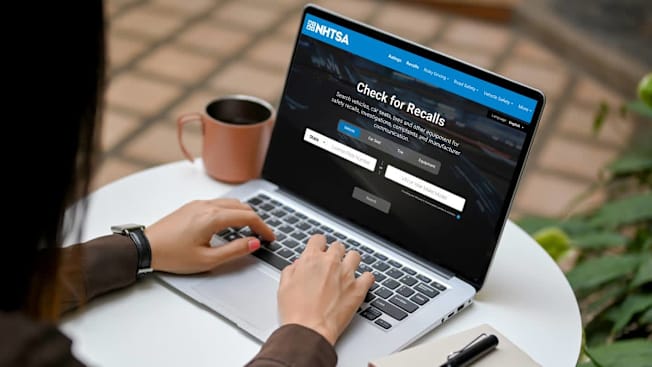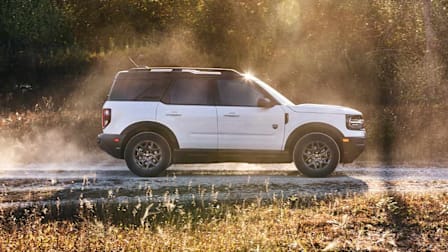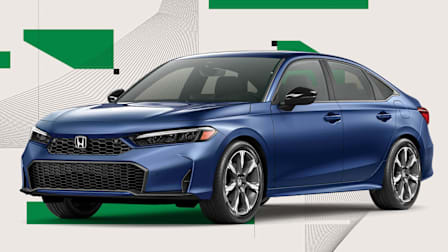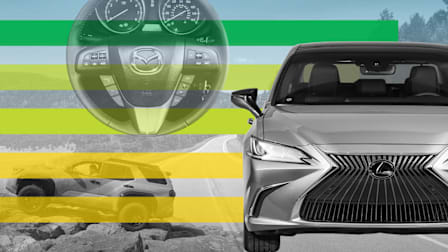Why You Should Check for Open Recalls on Used Cars
Dealers don't have to tell you about open recalls on used cars. Here’s how to protect yourself when it comes to used cars and recall work.

There have been more than 600 automotive recalls in the U.S. in the past year. Millions of owners are being warned about faulty fuel pumps, airbags that don’t deploy properly, steering problems, broken backup cameras, and other serious safety issues.
But if any of those recalled vehicles end up for sale as used cars—whether at a dealership or from an individual—shoppers may have to do the legwork themselves to get the free recall repair done.
“Too often, used-car shoppers are on their own because federal law doesn’t require dealers and private-party sellers to make these needed repairs on used vehicles,” says William Wallace, director of safety advocacy at Consumer Reports.
That’s not the case for new cars. “New-car dealers and rental car companies are specifically required by federal law to fix open defects before offering the car for sale to consumers,” he says.
In the market for a used car? Here’s what you can do to protect yourself.
Learn more about buying and choosing a used car.
How to Check for Open Recalls
The first step is seeing whether the car you want to buy has an open recall. It’s easy to find that out.
Find the vehicle identification number (VIN). It’s a 17-digit combination of numbers and letters unique to a car, and you can usually find it by looking at the bottom outside of the windshield on the driver’s side. And many online listings for used cars include the VIN.
What to Do If a Used Car Has an Open Recall
So the car you want to buy has an open recall. Now what?
“Consumers can make a demand of any seller that they fix any open defects before selling the car to them,” Wallace says. “And that’s a reasonable request, and the burden for safety in this case shouldn’t fall on consumers.”
Getting a recall repaired may take time, but it shouldn’t cost the seller anything, Epstein says.
“You can bring these vehicles into their respective manufacturer’s dealer, and they will be fixed for free if the parts are available,” Epstein adds.
Many dealers already repair used cars. The National Independent Automobile Dealers Association (NIADA), a group that represents many independent used-car dealers, recommends that dealers repair any open recalls.
“NIADA recommends that as a best practice, all dealers should take steps to identify open recalls in their inventory and have those recalls fixed before selling a vehicle, if possible,” says Shaun Petersen, the group’s senior vice president of legal and government affairs. “NIADA also recommends dealers disclose the existence of any unrepaired open recall at the point of sale.”
Use CR's Car Recall Tracker
Stay informed about car recalls that might affect your vehicle. If you’re not a CR member, create a free account now.




